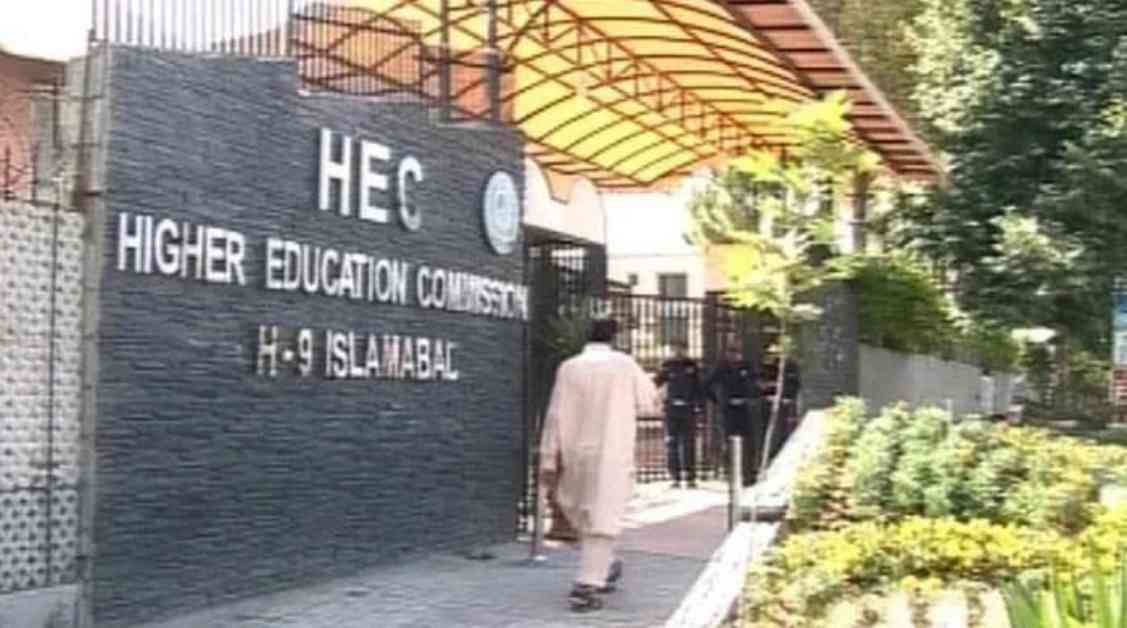Zulfiqar Ahmed, a director general at Nadra, has been at the center of a degree verification scandal that has shed light on the flaws in the Higher Education Commission’s verification process. While attempting to verify his own credentials, it was discovered that the degrees he claimed to hold were from institutions that did not exist or were not recognized at the time he claimed to have received them.
This incident has raised concerns about the effectiveness of the HEC’s verification process, which previously relied on sealed envelopes provided by applicants. These envelopes were assumed to contain legitimate verification certificates from the issuing universities. However, in Zulfiqar’s case, it was revealed that the verification certificates were fabricated, leading to questions about the HEC’s diligence in verifying the authenticity of degrees.
Following this revelation, the HEC has since changed its verification process to only accept verification directly from universities’ official email addresses. This more stringent approach aims to prevent similar incidents from occurring in the future and to ensure the credibility of verified degrees.
The case of Zulfiqar Ahmed serves as a cautionary tale about the importance of rigorous verification processes in upholding the integrity of educational credentials. It highlights the need for institutions like the HEC to conduct thorough checks to prevent individuals from falsifying their qualifications.
Moving forward, it is crucial for organizations like the HEC to continuously review and improve their verification processes to uphold the value of legitimate educational qualifications. By learning from cases like Zulfiqar’s, the HEC can strengthen its procedures and maintain the trust of stakeholders in the education system.




















